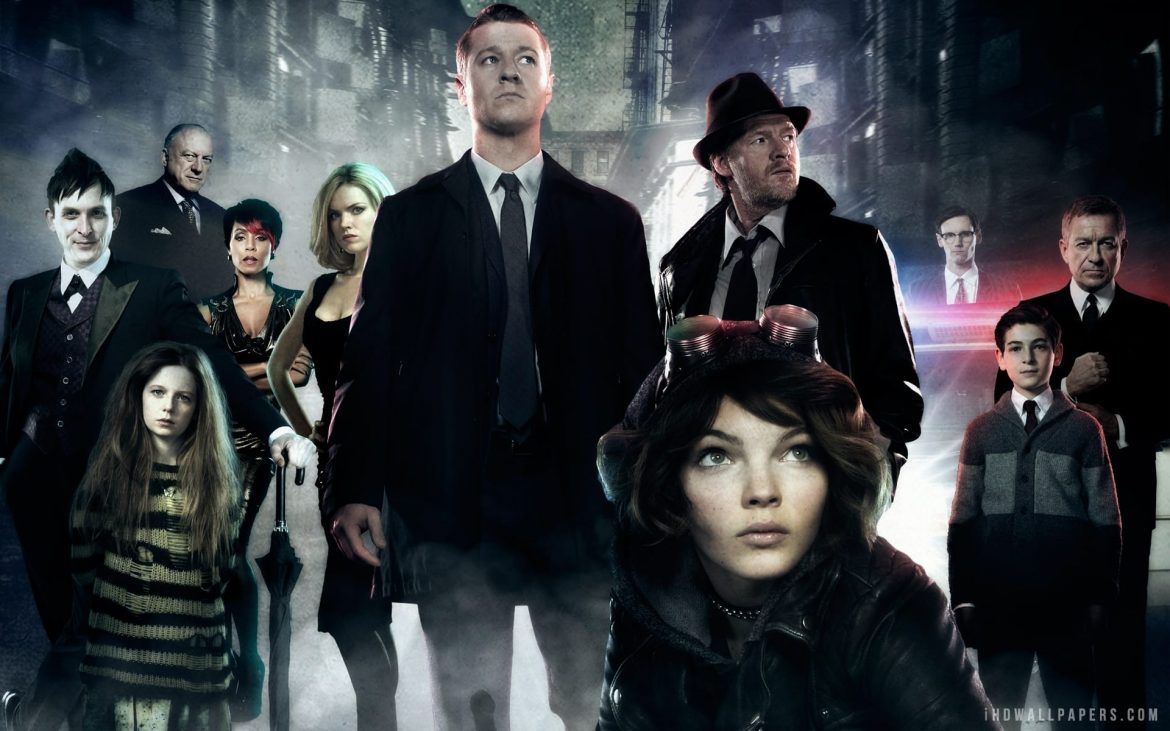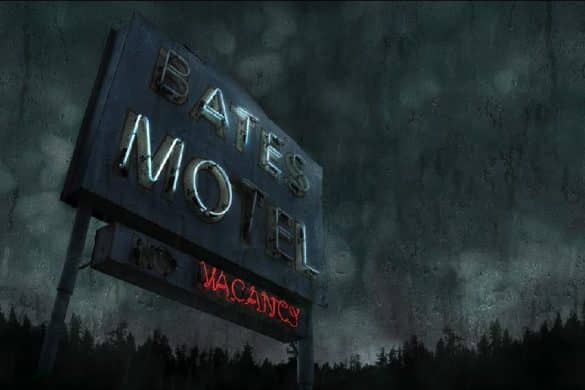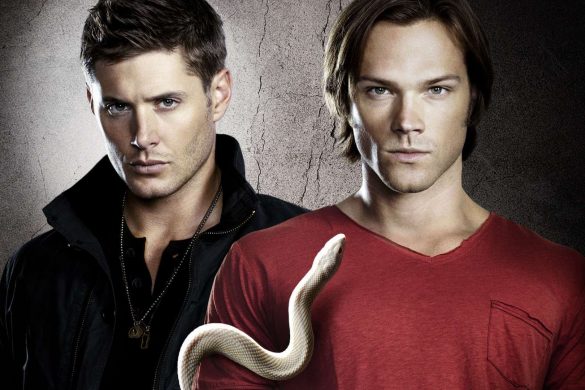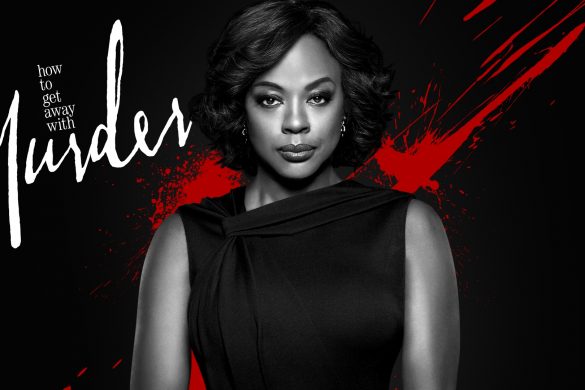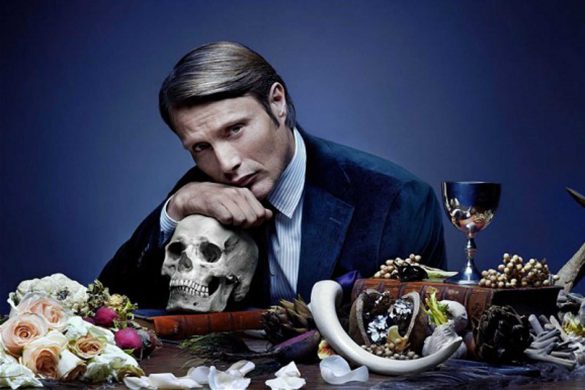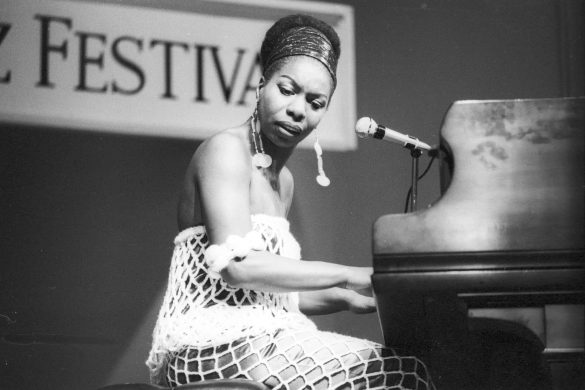by Jeff Fountain |
One of the biggest problems that Gotham faces in its first season is the question of how it is going to escape from the shadow of Batman.
Sure, Batman is just a young kid in this TV adaptation of the DC superhero’s story, but everyone knows he will eventually grow up into the Dark Knight. That creates an anticipation for the adult Batman that doesn’t, and narratively can’t, get paid off quickly. How long are fans going to have patience with a show that presents an origin story for so many characters that they know and love, but know and love in their adult versions? The show desperately plays to these needs–Gotham‘s early episodes spend far too much time nodding and winking to the show’s built-in fan base, in an attempt to say ‘look, here is yet another villain you love, so love US!’
That need to please severely handcuffs the show from the start, sending confusing messages as to which direction Gotham will head. Episodes become muddled by their own intertextuality and deference because the writers seem too caught up in the mythos of Batman to carefully stitch together the new, confusing elements they’ve contributed to the universe.
Another problem that plagues the first season is the way Gotham portrays Jim Gordon. Often the centerpiece of episodes, Gordon is made to look like a lousy cop. Constantly getting himself in way over his head, Gordon makes a number of headstrong decisions and ridiculous choices. For example, his relationship with Penguin is almost laughable, in that Gordon ends up owing him favor after favor, while never seeming to grasp that owing someone like Penguin a favor is not the smartest strategy in the world.
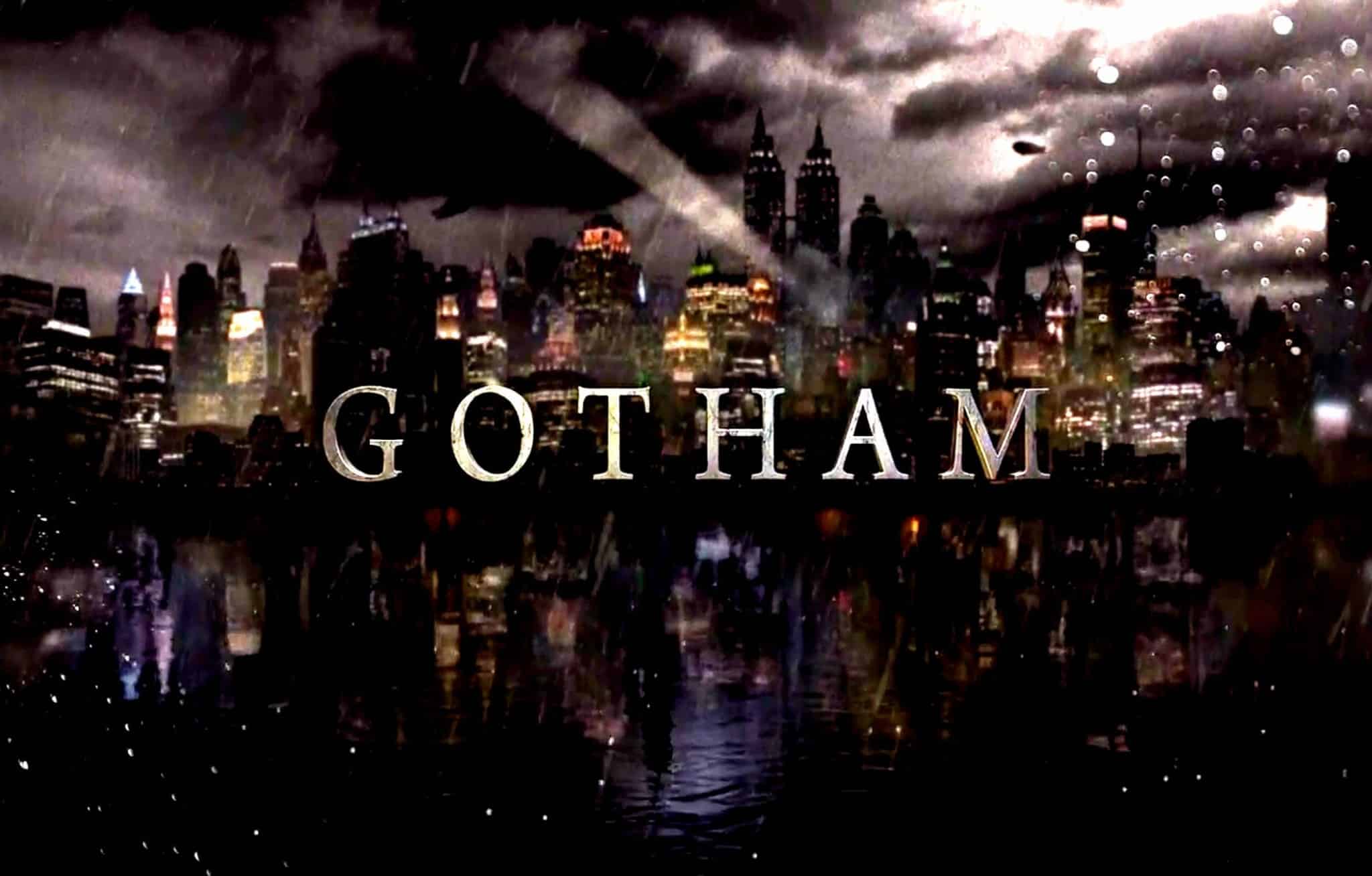
Gotham
Now, saying all that, there is also a lot to like in this season as well.
While Gordon may make one too many boneheaded moves, the pairing of actors Ben Mckenzie (Gordon) and Donal Louge (Bullock) absolutely jells. At first posed as opposites, we learn that Gordon and Bullock are stubborn in identical ways, butting heads yet getting the job done. There’s no question that, given all of his acting talent, Louge deserves much more camera time. Robin Lord Taylor ends up stealing most of Gotham’s scenes with his quite violent, and equally unique, version of The Penguin. Another scene stealer, but on a smaller scale, comes in the form of Sean Pertwee’s version of Alfred. Gotham steps outside our usual idea of what the famous butler should look like, giving us a younger and tougher Alfred, who has plenty of wonderful one liners.
The look and tone of the show more than delivers. Gotham’s show runners ingeniously shoot the city as if it is one of the show’s central characters. Gotham’s streets are dark and gloomy, and a great sense of dread hangs everywhere in the air, giving the show a fitting atmosphere to place its comic book characters.
Two characters that remain in limbo in season one are Fish (Jada Pinkett Smith) and Barbara (Erin Richards). Fish had a great first half of the season, playing a seductive, diabolical mobster at a time when the other characters still seemed two-dimensional. Then, as Gotham finds its stride, the character of Fish goes into the proverbial toilet, becoming a bit under-used in the second half. Barbara’s character is handled in quite the opposite way: completely misused in the first half and becoming compelling near the end. Both of these characters kind of represent the show itself, good sometimes and totally baffling the next.
For the show to grow and become better in season two, it first needs to decide if it’s a comic book show or a more adult-oriented drama. Personally, I think the adult theme is the way to go, with a sprinkling of comic craziness into the plot every now and again. Whichever way they choose to go, let’s hope they stay the course and develop Gotham into a throughly engaging and consistent show.

